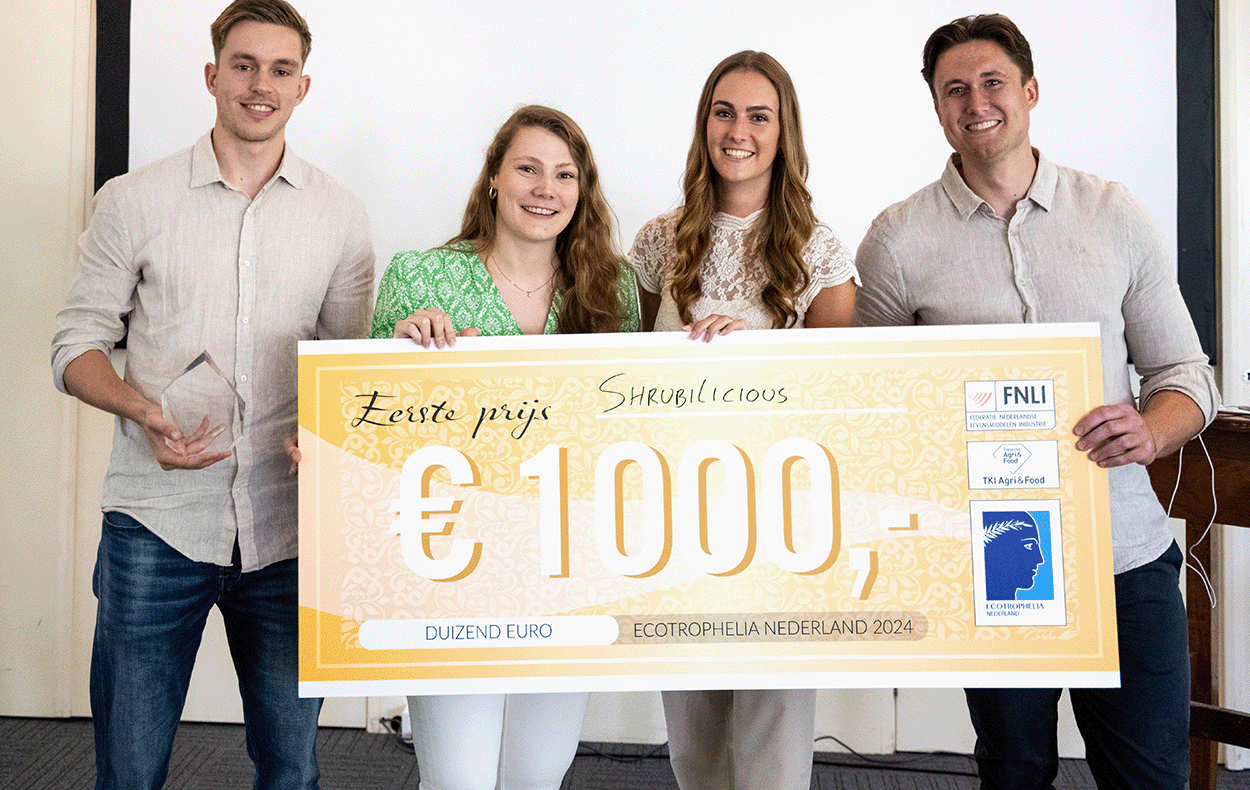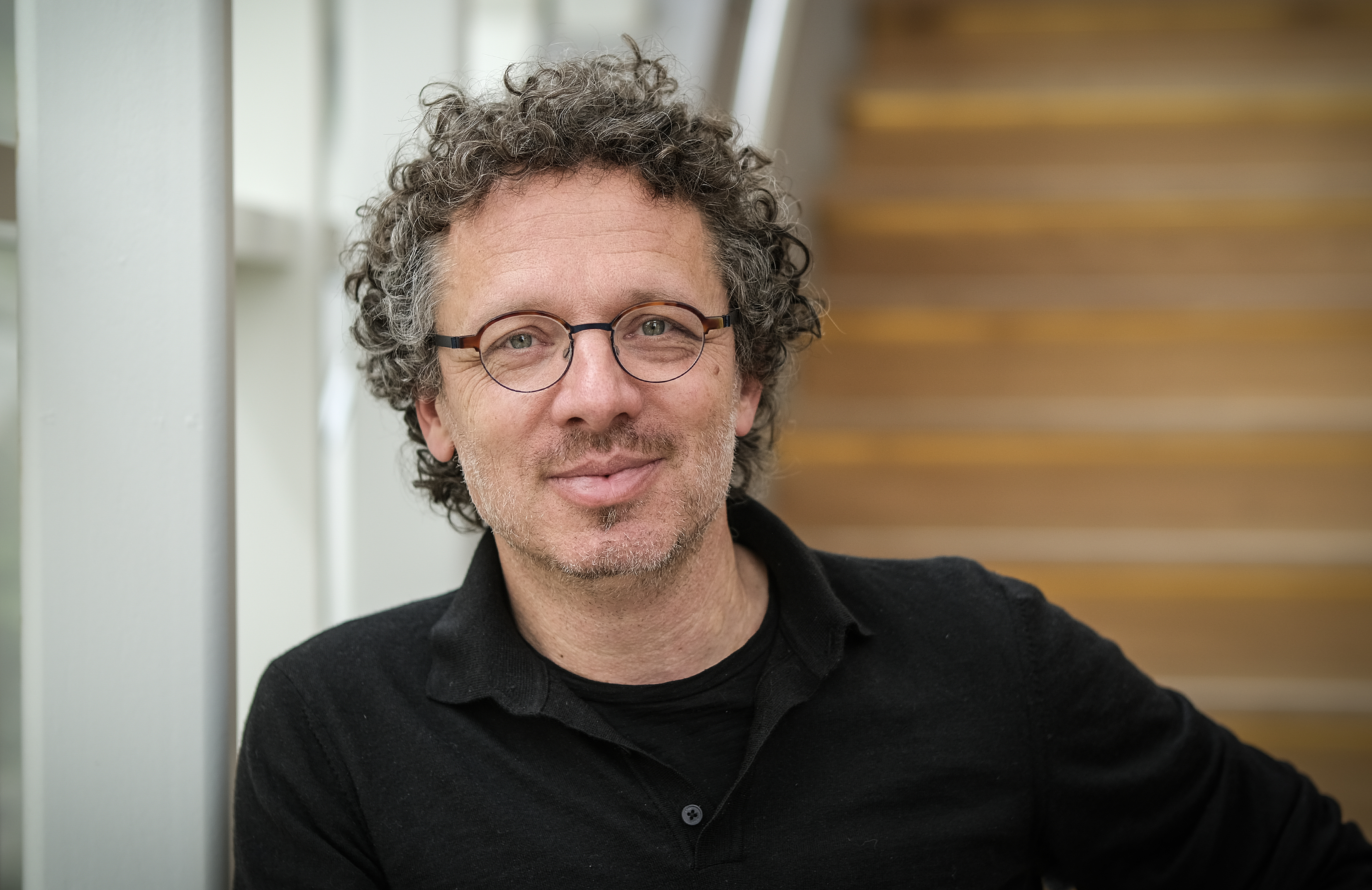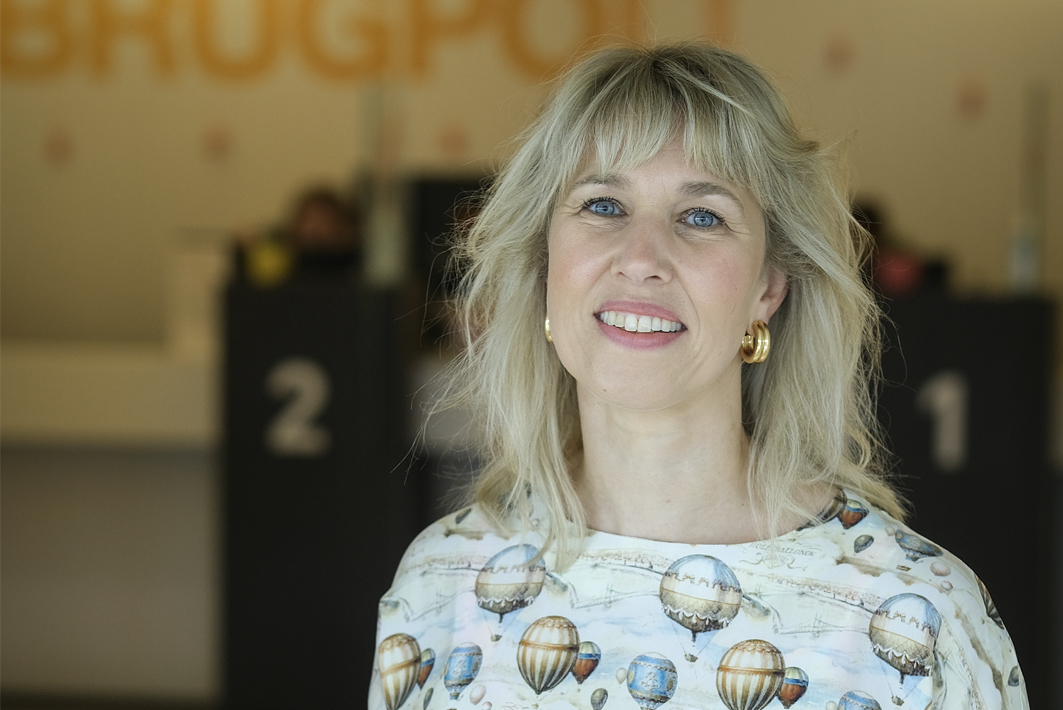ERC Proof of Concept Grant voor het ontwikkelen en testen van AI-software voor longkanker
De vakgroep Precision Medicine heeft een prestigieuze ERC Proof of Concept-subsidie ontvangen voor de ontwikkeling en implementatie van volledig geautomatiseerde AI-software voor snelle, nauwkeurige detectie en volumetrische segmentatie van longtumoren en longmetastasen op CT-beelden. Deze tool kan worden gebruikt voor radiologie, radiotherapie en medische oncologische toepassingen.
Professor Philippe Lambin, afdelingshoofd, is er trots op dat deze prestigieuze beurs aan zijn afdeling is toegekend: “Zeker omdat dit de derde ERC en vierde Europese beurs is die onze afdeling, die nog geen jaar oud is, heeft ontvangen afgelopen jaar. Dit is het resultaat van een vruchtbare samenwerking met de vakgroepen Radiologie en Nucleaire Geneeskunde.”
De ERC Proof of Concept-financiering wordt alleen beschikbaar gesteld aan degenen die al een ERC-grant hebben en is bedoeld om een proof of concept te ontwikkelen van een idee dat gedurende hun ERC-project is gegenereerd. De financiering dekt activiteiten in een zeer vroeg stadium om onderzoeksresultaten om te zetten in een commercieel of maatschappelijk waardevol voorstel.
“Er wordt veel onderzoek gedaan naar AI voor geneeskunde, maar zeer weinig toepassingen in de dagelijkse zorg. We zijn ervan overtuigd dat deze subsidie ons zal helpen AI in de patiëntenzorg te implementeren,” aldus professor Lambin.
Engelstalige samenvatting van het project:
The inaccuracy and inconsistency of state-of-the-art tumour volume detection and segmentation has an adverse influence on patient outcomes. Accurately determining the exact location and volume of tumours is a prerequisite for the detection, segmentation, characterisation and therapy response monitoring for any type of cancer. Today, tumour segmentation is performed manually or semi-automatically in a laborious and time-consuming process that exhibits low accuracy and inconsistency.
This compromises quality of care by limiting the certainty of lesion detection on medical images, hindering the effectivity of radiotherapy and restricting the accuracy of treatment response monitoring. In this ERC PoC project, we introduce fully automated software for fast, accurate, observer independent and reproducible detection and volumetric segmentation of (lung) tumours and metastases on CT images. Through a unique three-step approach, our software demonstrates superior speed, accuracy and robustness of tumour segmentation over both the stateofthe-art as well as published competing solutions for automated tumour segmentation.
Hence, our software has the potential to drastically reduce the adverse impact that inaccurate tumour detection and segmentation currently has on (lung) cancer patient outcomes by: improving the detection of lesions on CT images, increasing the accuracy of radiotherapy treatment to reduce the occurrence of geometric misses, and advance the evaluation of tumour response to treatments through volumetric treatment monitoring. In AUTO.DISTINCT, we will provide technical and commercial proof-of-concept for our novel software. We will solve the remaining technical challenges and develop a user-friendly prototype that can be validated with end users. Moreover, we will develop a business strategy that incorporates all technical, commercial, IPR and regulatory aspects of our invention to ensure successful commercialisation.
Lees ook
-
Studenten van de Universiteit Maastricht hebben de Nederlandse finale van de studentencompetitie Ecotrophelia gewonnen. Met een drinkazijn op basis van appelciderazijn, fruit en kruiden wonnen zij de eerste prijs
-
Bloedprikken, een infuus aanleggen of in het oor kijken; zelfs ogenschijnlijk eenvoudige medische handelingen kunnen bij kinderen angst, pijn en stress veroorzaken. Volgens kinderarts-intensivist Piet Leroy zijn comfort en vertrouwen net zo belangrijk als de medische behandeling zelf. Hij onderzoekt...
-
Mayke Oosterloo is bewegingsstoornissen neuroloog in het Maastricht UMC+ en onderzoeker bij instituut MHeNs van Maastricht University. Op de poli en in verschillende verpleeghuizen in Limburg begeleidt en behandelt ze patiënten (en hun naasten) met de ziekte van Huntington



